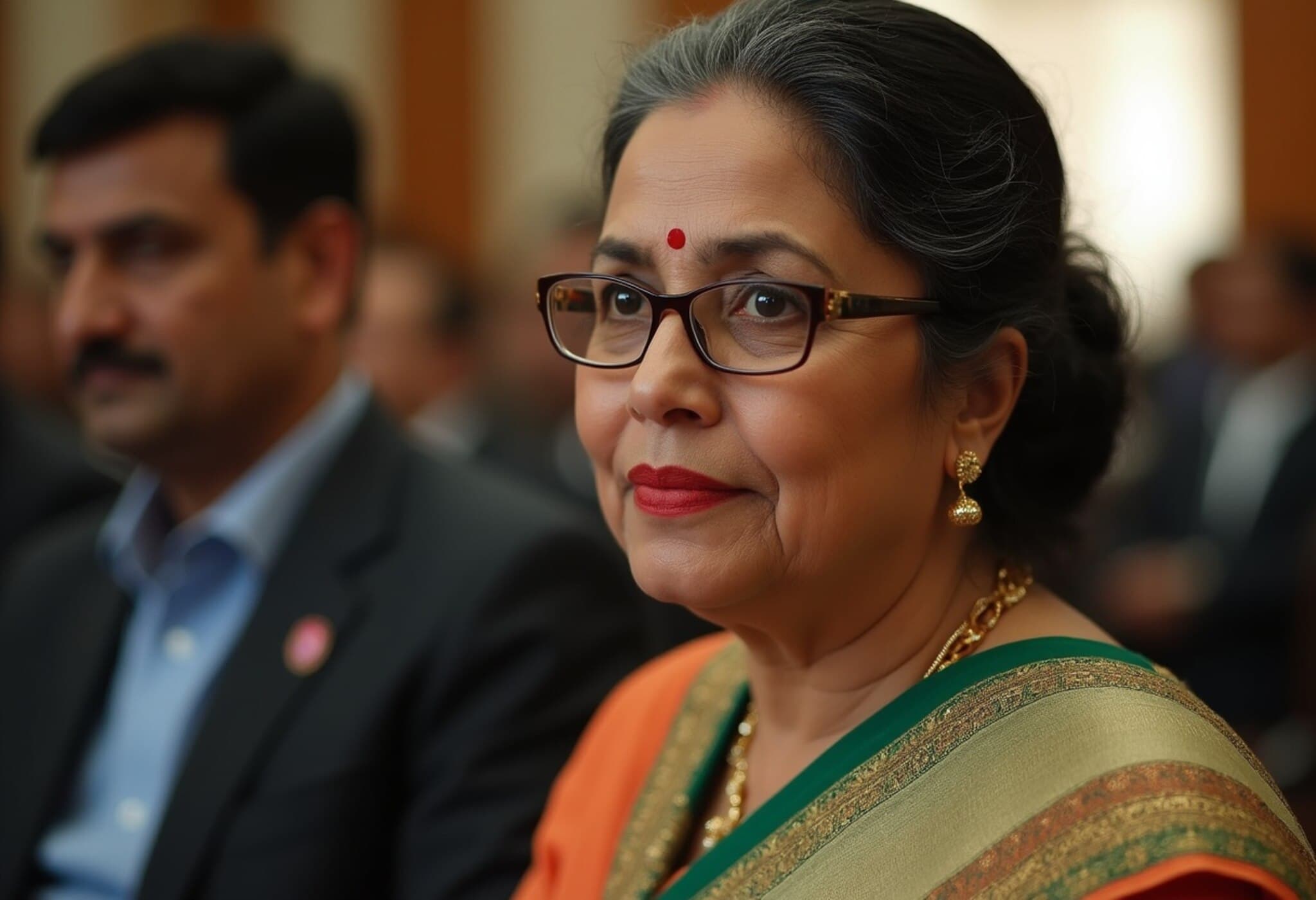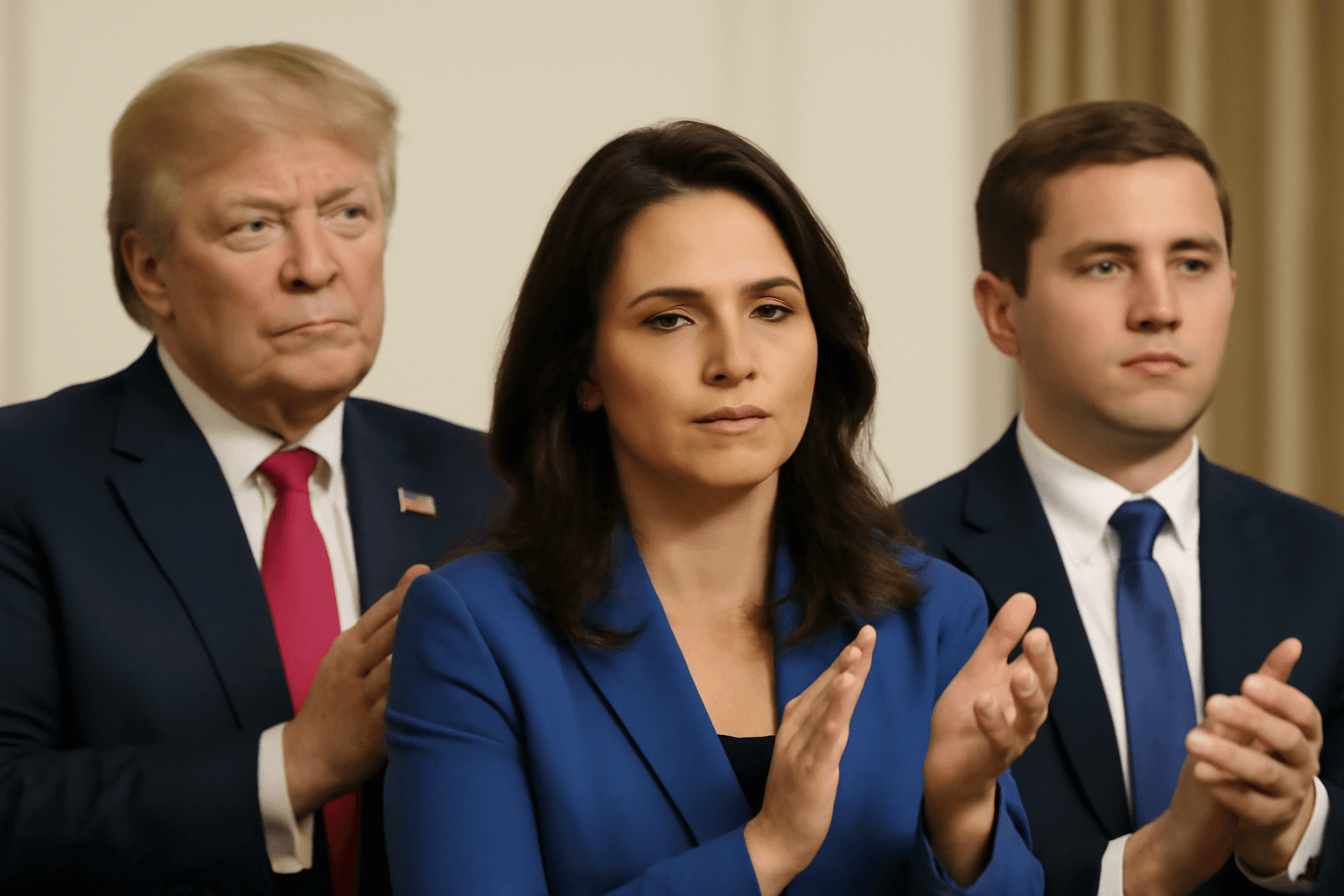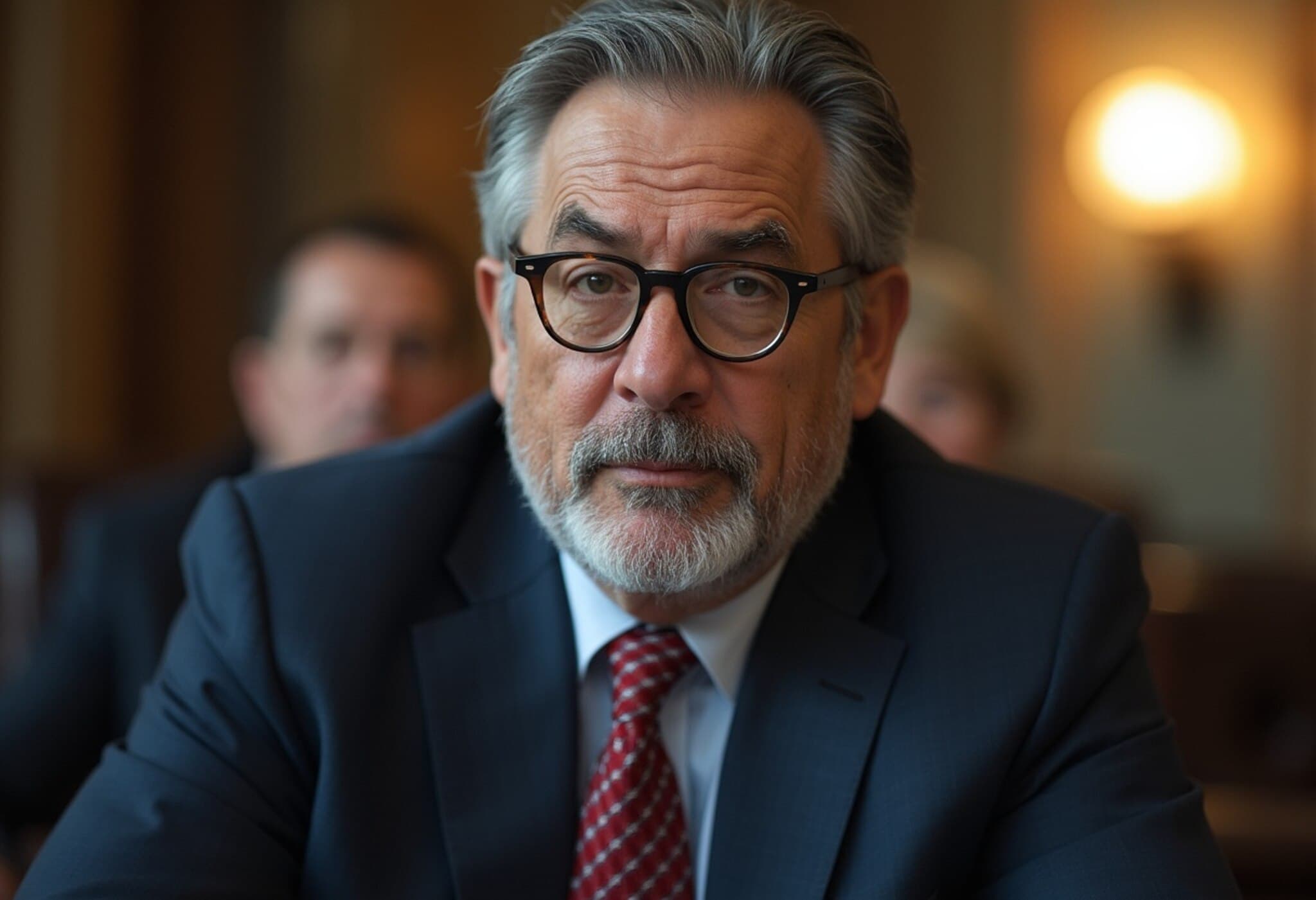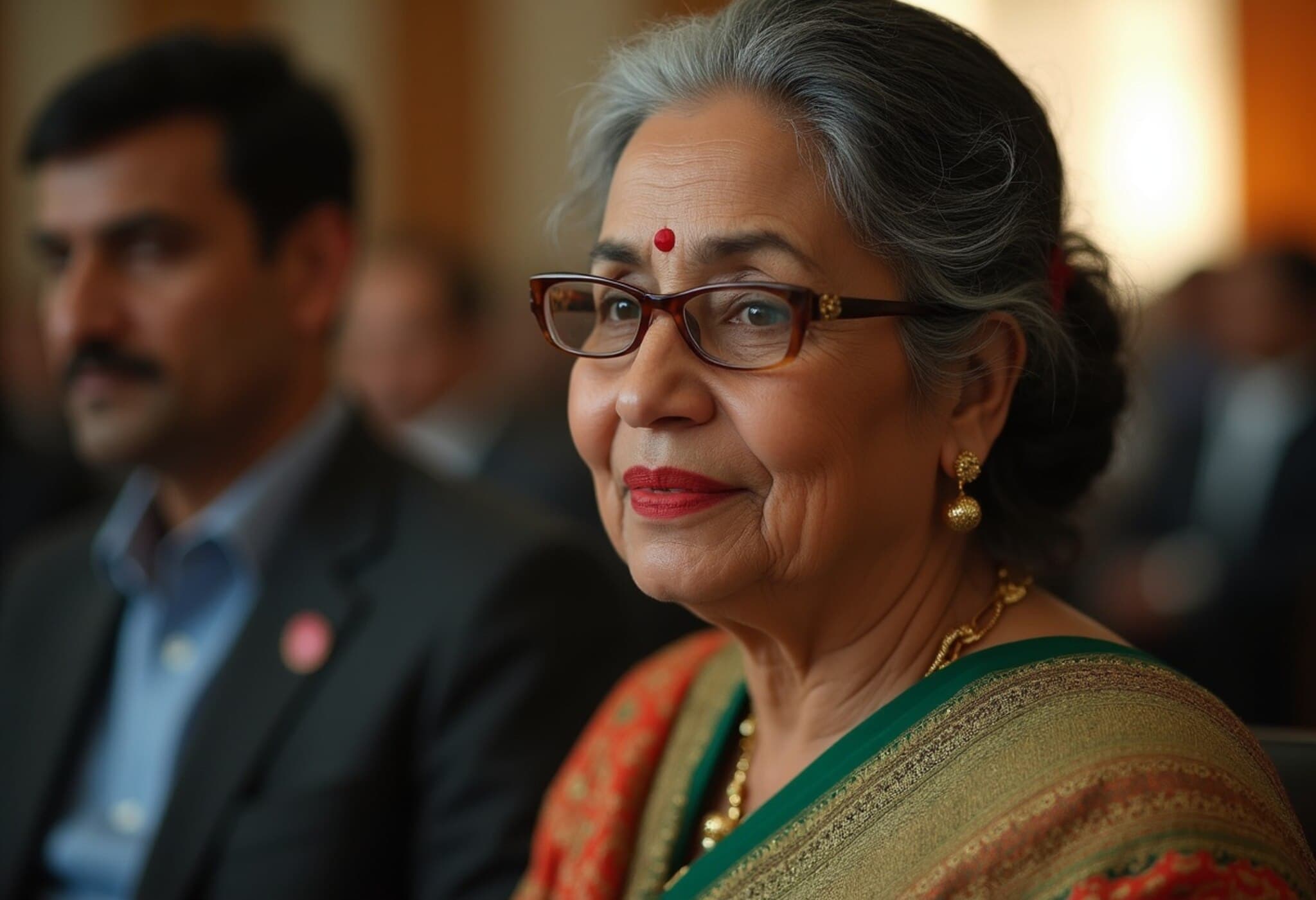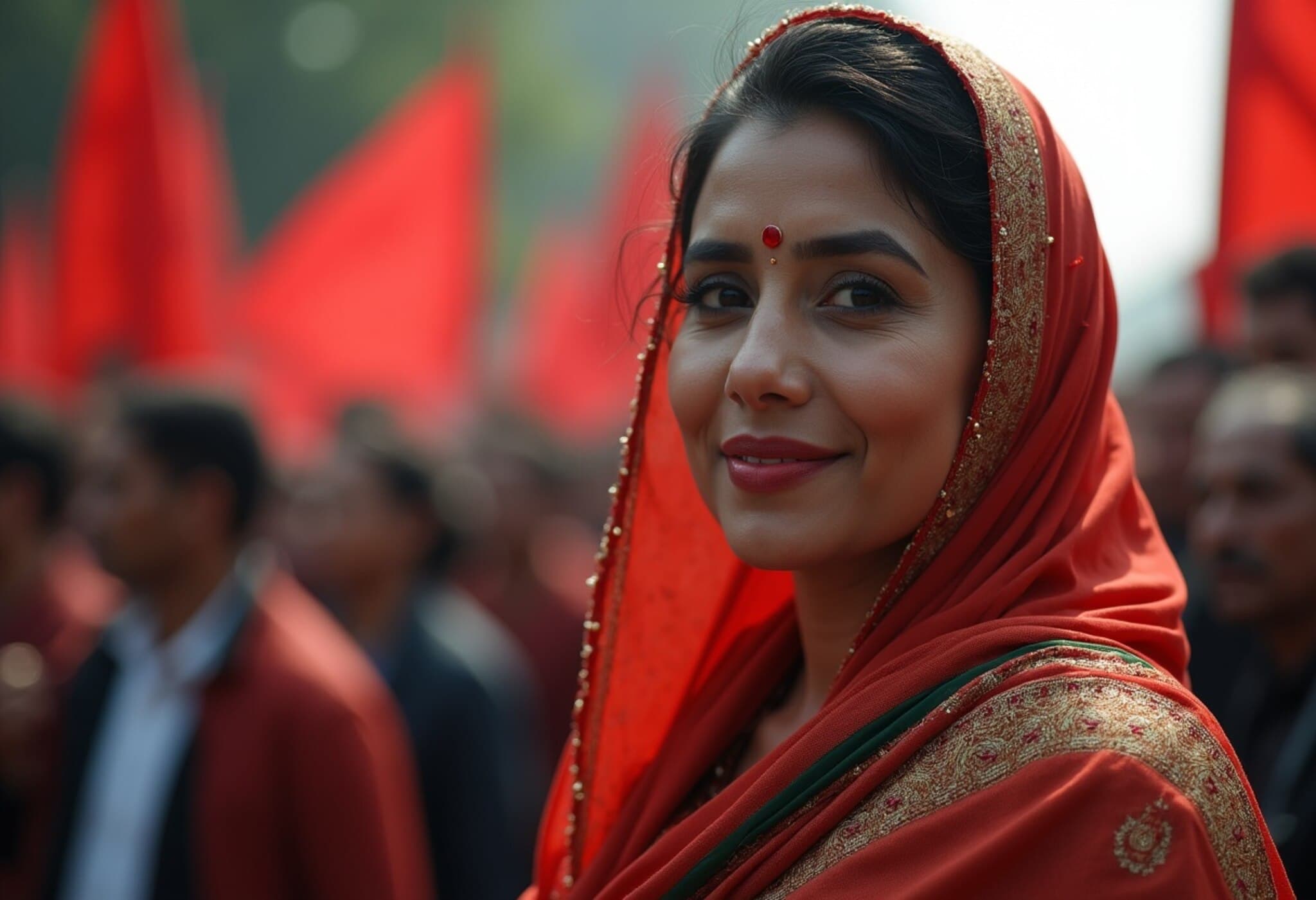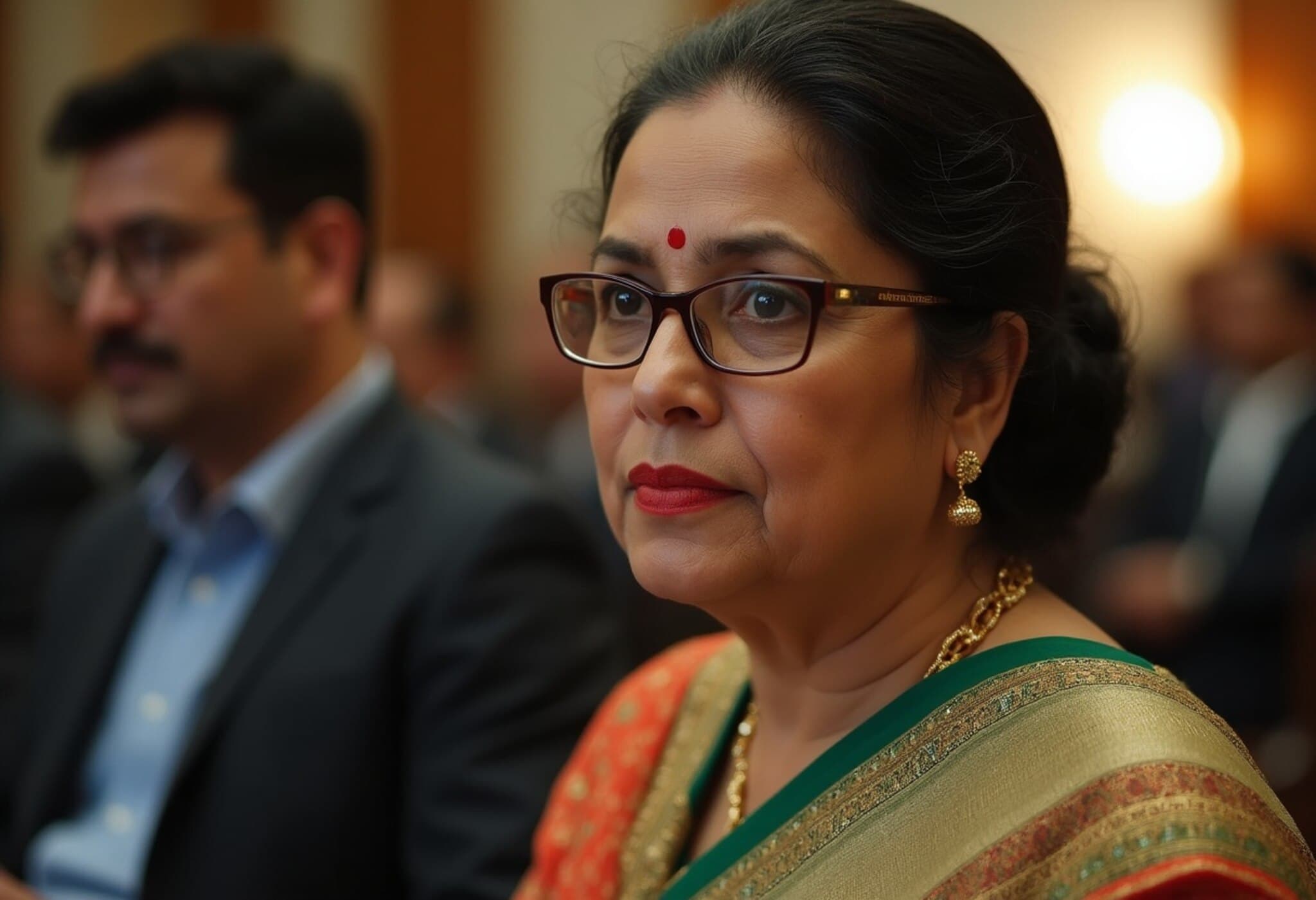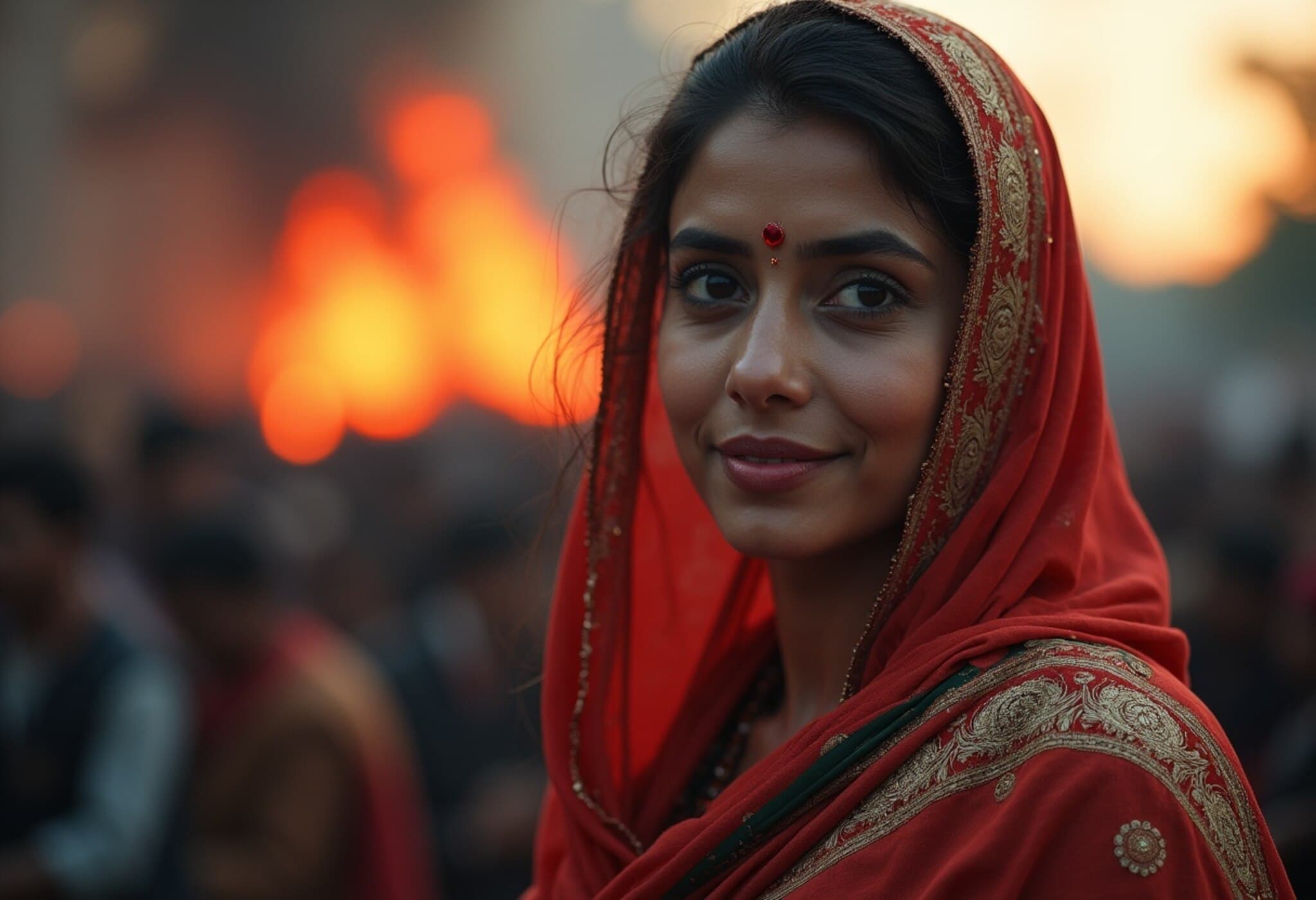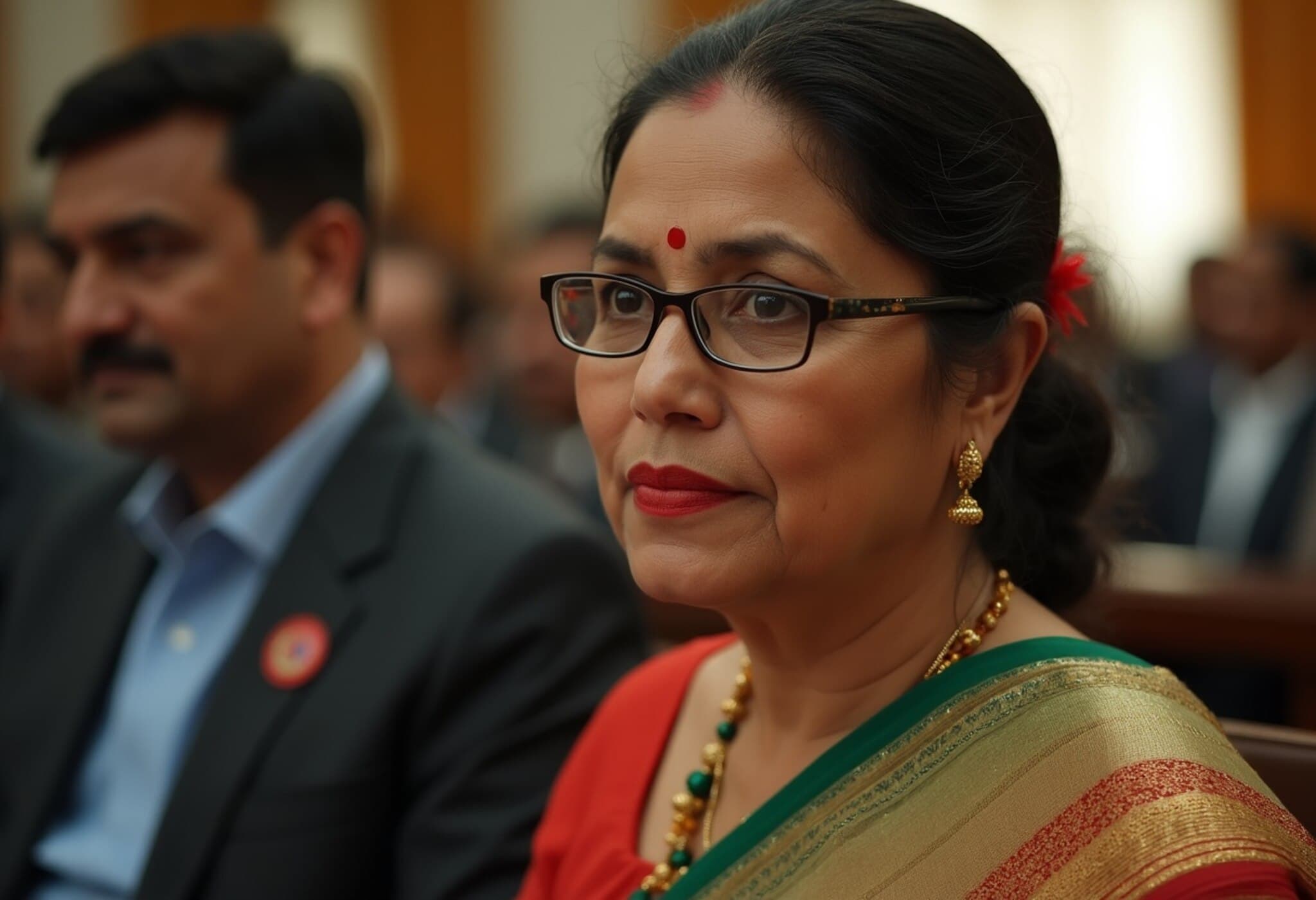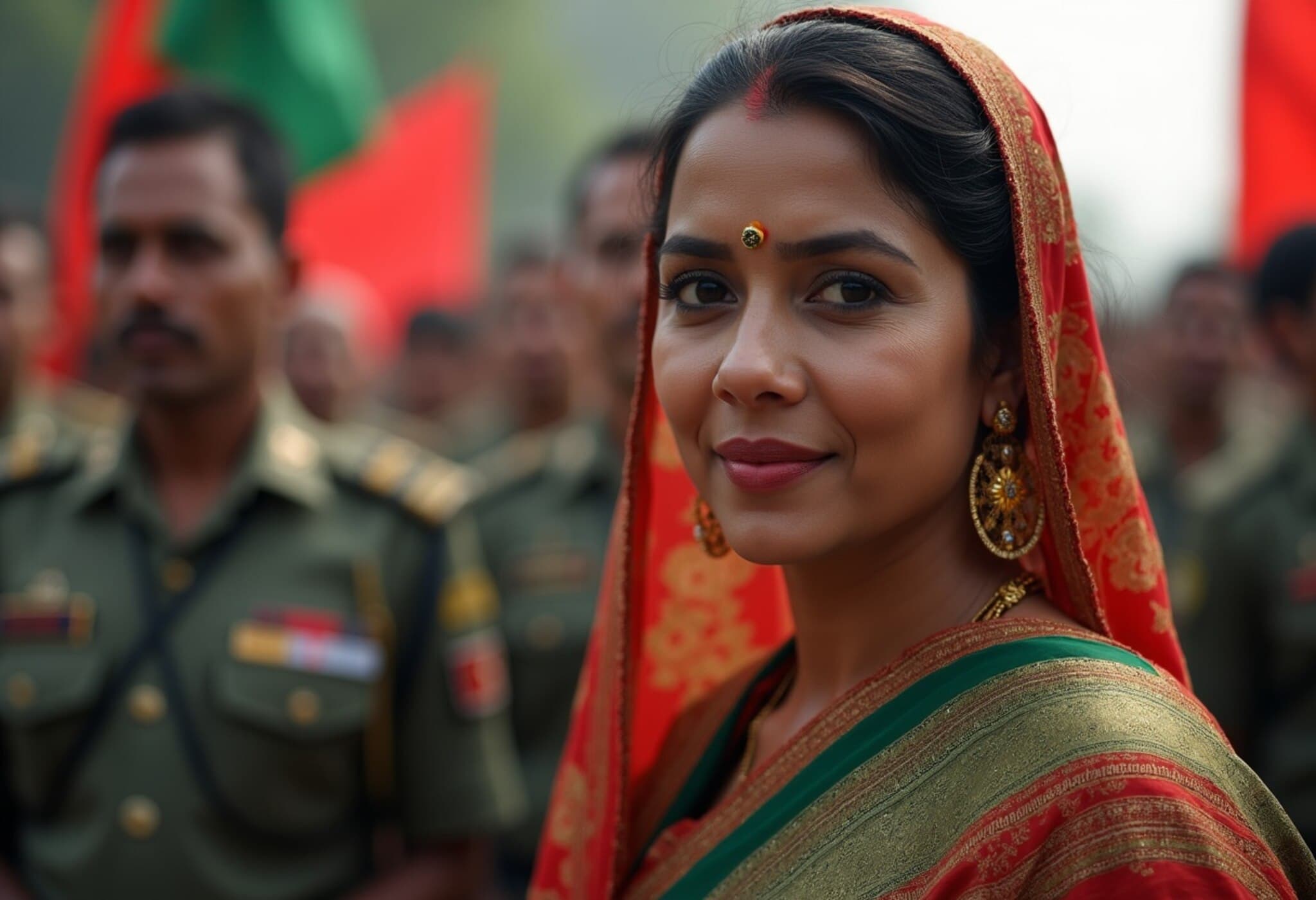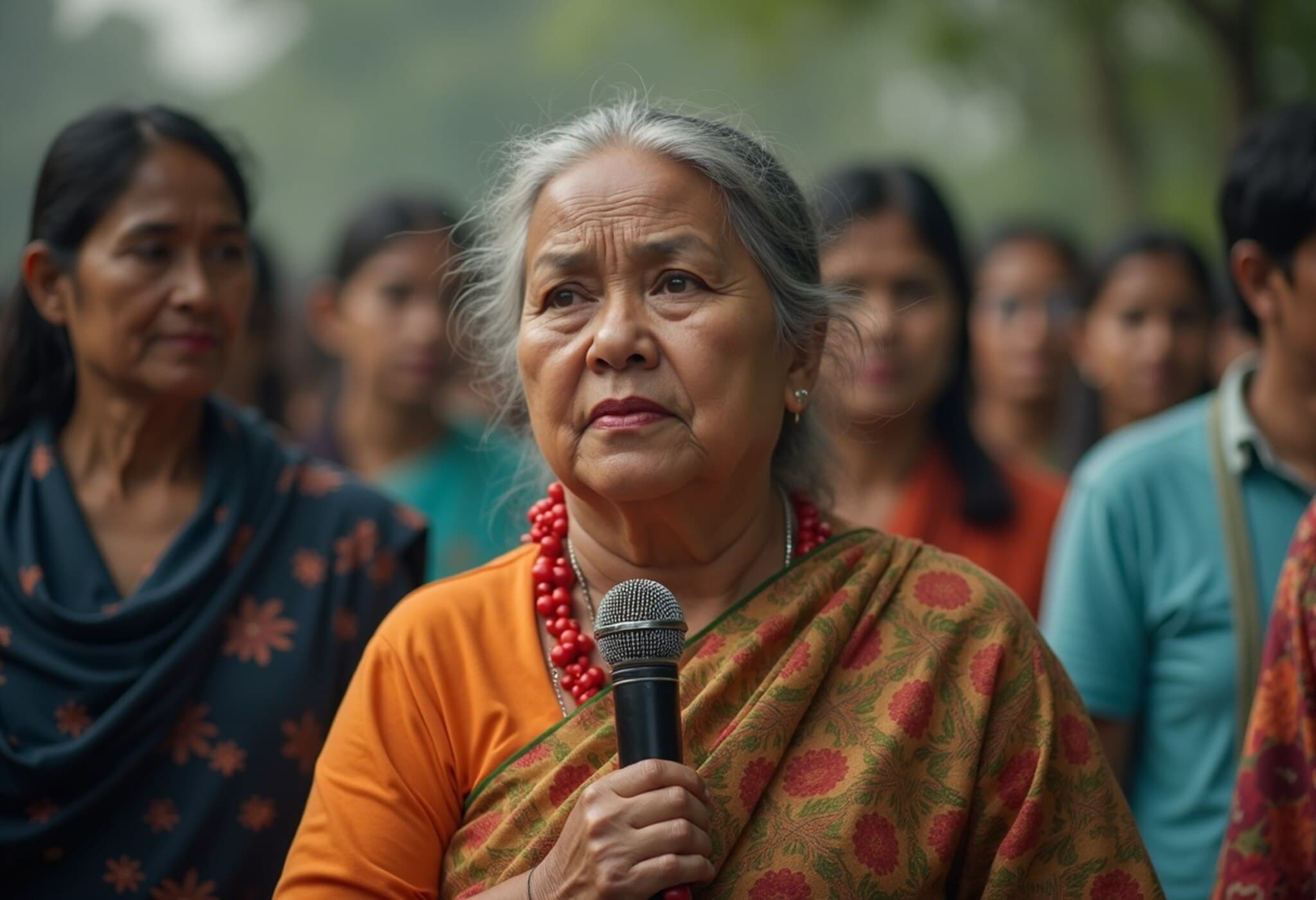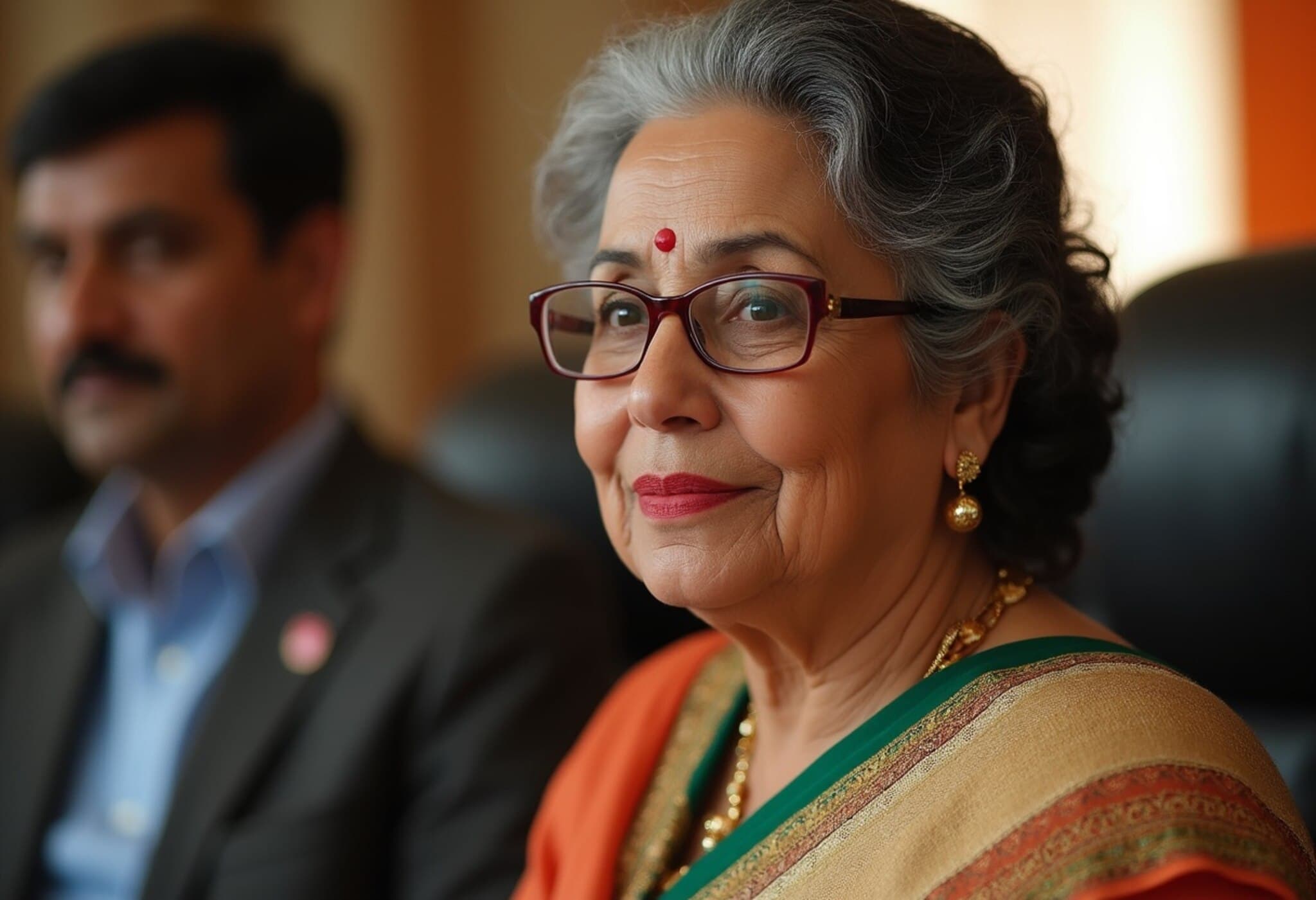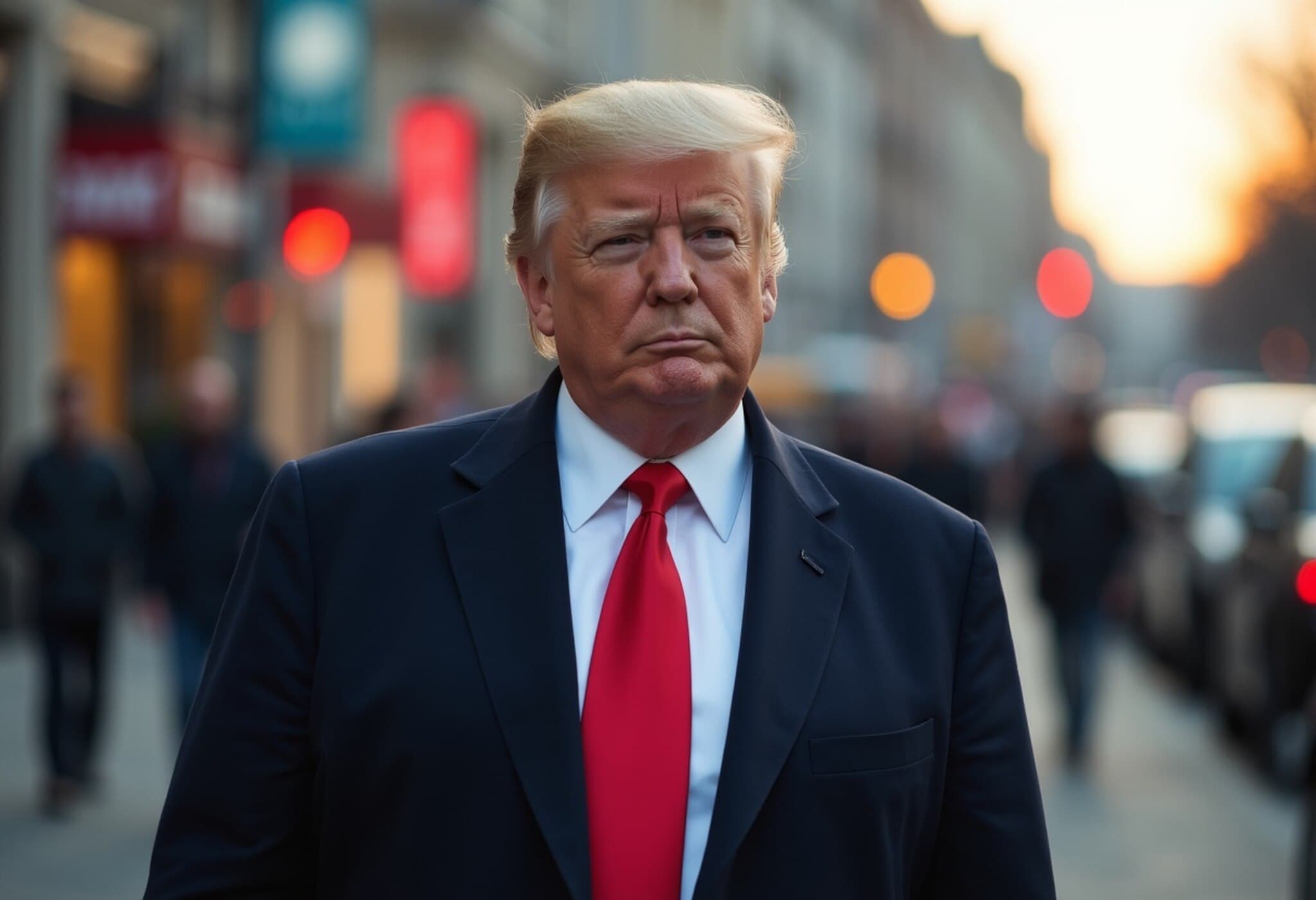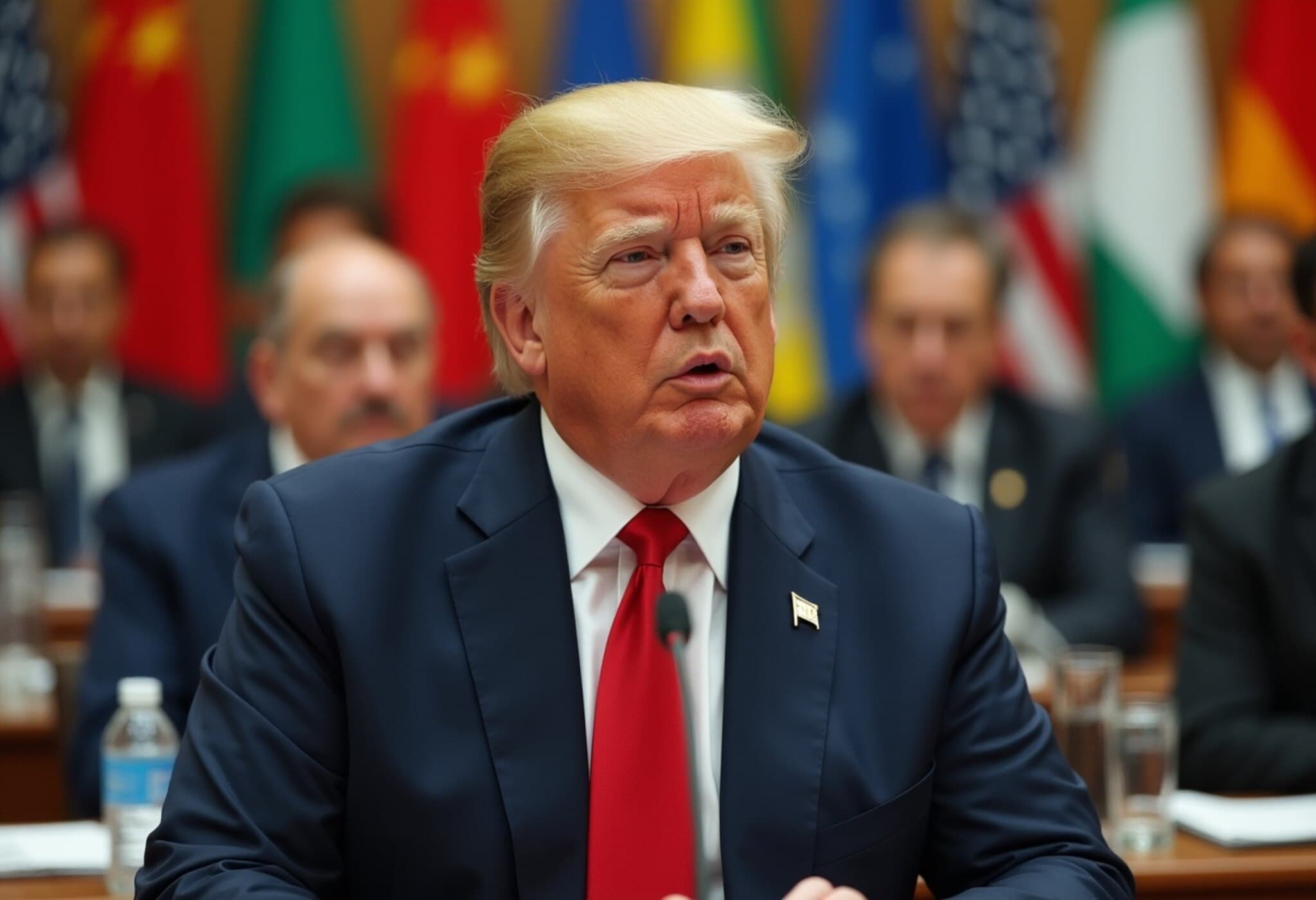Sheikh Hasina’s Trial at International Crimes Tribunal Sparks Debate
In a development stirring both the political and legal landscapes of Bangladesh, former Prime Minister Sheikh Hasina stands accused of crimes against humanity, a charge her defense calls politically charged rather than grounded in wartime conduct. The International Crimes Tribunal (ICT), established to address atrocities committed during Bangladesh’s 1971 Liberation War, is set to decide on July 10 whether to formally frame charges against Hasina and two senior associates.
Legal Arguments: War Crimes or Political Conflict?
At the heart of the ongoing legal battle is a fundamental question: can Hasina, a towering political figure, be tried under the International Crimes (Tribunals) Act of 1973 for events that her defense asserts were not part of a wartime context? Amir Hossain, the state-appointed lawyer representing Hasina, argued before the tribunal that the charges of war crimes and crimes against humanity are legally inapplicable.
"The incidents cited in the charges emerged from political upheaval, rivalry, and subsequent acts of revenge," Hossain told judges. "Given there was no declared war during these events, applying the war crimes statute here would be a misinterpretation of the law." Along with Hasina, the defense also advocates for former Home Minister Asaduzzaman Khan Kamal and former Police Inspector General Chowdhury, both facing the tribunal in absentia.
Contextualizing the Trial Within Bangladesh’s Turbulent Political History
Since its inception, the ICT has primarily focused on prosecuting individuals accused of atrocities during the historic 1971 Liberation War, a painful chapter that defined modern Bangladesh’s birth. However, critics argue that this high-profile trial veers into uncharted territory by targeting a prominent political leader outside the original war timeline. This blurring of judicial scope raises critical questions about the intention behind such prosecutions — are they genuinely about justice or politically motivated retribution?
Chief Prosecutor Tajul Islam pushed back firmly against defense claims, stressing that the tribunal will thoroughly assess all allegations during a formal trial phase. "We will scrutinize the merits of these charges independent of political narratives," he affirmed, underscoring the tribunal’s mandate to uphold accountability and justice.
Why This Trial Matters: Broader Implications
- Legal Precedent: The ICT’s decision could redefine boundaries for prosecuting political figures under war crimes statutes, potentially influencing future international jurisprudence.
- Political Stability: Bangladesh’s volatile political environment can be further inflamed if the trial is perceived as suppression of dissent or factional vendetta.
- International Relations: Global observers watch closely, as the proceedings have ramifications for Bangladesh's human rights image and diplomatic engagements.
Unanswered Questions and Underreported Narratives
What is less discussed in mainstream coverage is the human dimension behind such trials — the victims, political communities, and society’s demand for reconciliation. While legal experts debate the technicalities, affected families seek closure, and political factions brace for unpredictable consequences.
Furthermore, the fact that Hasina and her allies are being tried in absentia raises pressing concerns about fairness and the defendants' ability to fully participate in the legal process, an issue increasingly scrutinized in international legal circles.
Editor’s Note
This trial exemplifies the complex intersection of law, politics, and history in Bangladesh. Beyond legal arguments, it underscores the fragile balance between securing justice and maintaining political neutrality in transitional societies. Readers are encouraged to reflect on how judicial processes can either heal or deepen societal divides when historical grievances are refracted through contemporary political lenses.
As the ICT prepares to announce its decision on framing formal charges, the world watches not just a courtroom drama unfolded, but a pivotal moment in Bangladesh’s evolving democracy and legal accountability framework.

